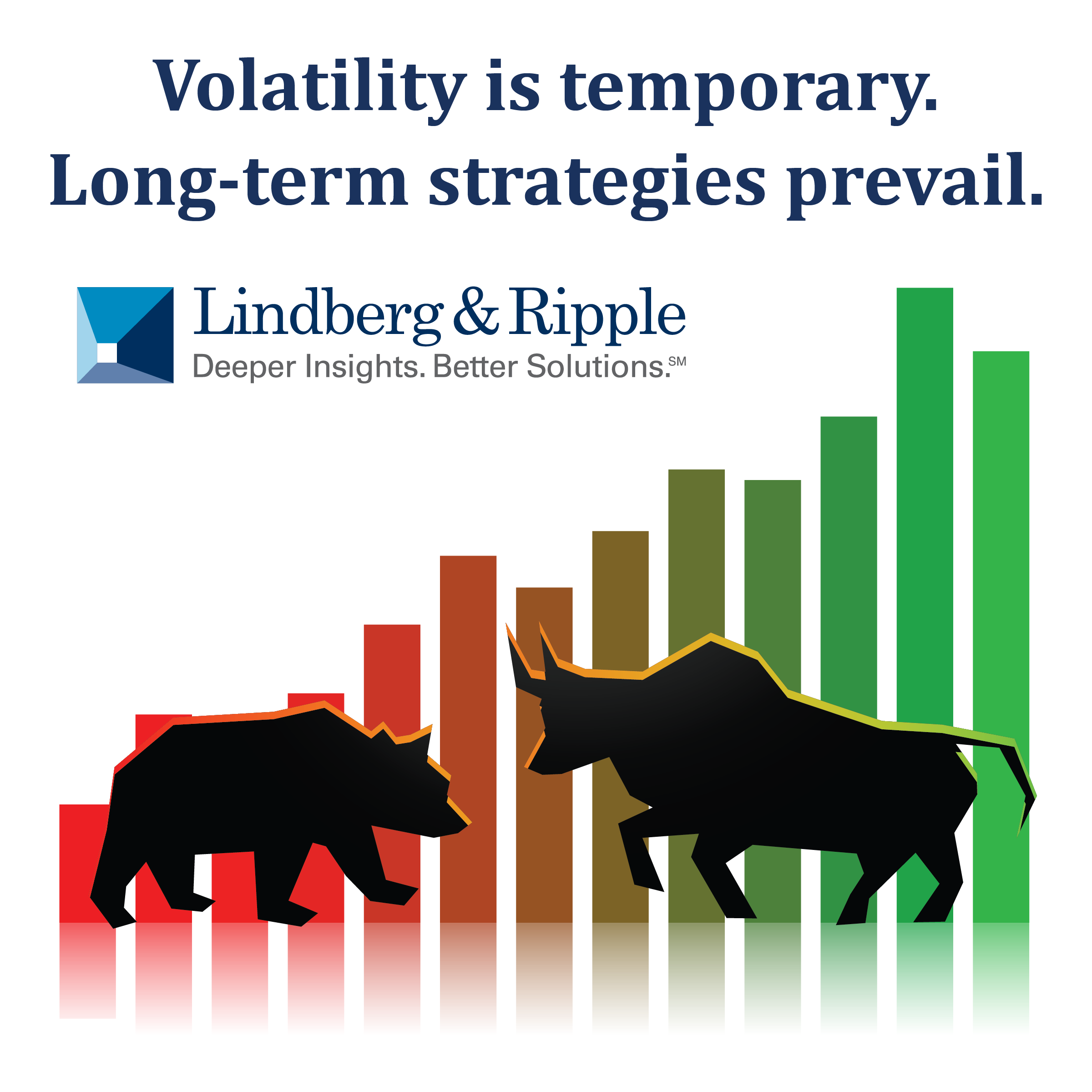Geopolitical conflict is unsettling. It can trigger fear, dominate headlines, and cause sudden drops in the market. Investors understandably worry about what war, terrorism, or political instability may mean for their portfolios. However, history offers a clear and consistent lesson: while markets may react sharply in the short term, they have shown remarkable resilience over time.
Understanding how markets have responded to past conflicts can help investors maintain perspective and remain committed to long-term strategies—even when the news is anything but calm.
The Cuban Missile Crisis: October 1962
The Cuban Missile Crisis brought the world to the brink of nuclear war. Tensions between the United States and the Soviet Union escalated rapidly, and investors responded with anxiety. Between mid-September and late October 1962, the S&P 500 declined approximately 6%. However, by the end of the year, the market had not only recovered—it had gained more than 10% from its pre-crisis levels.
Takeaway: Even during moments of extreme geopolitical tension, the market’s long-term trajectory can remain intact.
The First Gulf War: 1990–1991
When Iraq invaded Kuwait in August 1990, oil prices spiked and global markets sold off. Between July and October 1990, the S&P 500 fell more than 15%. But after the U.S.-led coalition launched Operation Desert Storm in January 1991, the markets rebounded quickly. By the end of 1991, the S&P 500 had risen over 26% for the year.
Takeaway: Markets tend to recover strongly after the uncertainty surrounding a conflict begins to subside, particularly when outcomes appear more predictable.
September 11, 2001: Terror on U.S. Soil
Following the attacks of September 11, the U.S. stock markets closed for four days. When they reopened, the S&P 500 dropped nearly 5% in a single day and declined about 11.6% for the week. However, within a month, markets began to stabilize. One year later, the S&P 500 had essentially returned to its pre-attack levels.
Takeaway: Even in the face of unprecedented tragedy, markets proved capable of rebounding once panic gave way to resilience.
The War in Afghanistan: 2001–2021
The extended conflict in Afghanistan spanned two decades, yet over that same period, equity markets posted significant gains. From October 2001 to October 2021, the S&P 500 grew by more than 300%, despite ongoing military operations and frequent geopolitical instability.
Takeaway: Long-term investors who remained committed to their strategies experienced substantial growth, even during protracted conflicts.
Why Long-Term Investing Remains Essential
Geopolitical events can create real economic disruptions—rising energy prices, supply chain interruptions, and market volatility. But history shows that these disruptions tend to be temporary, and that markets often recover more quickly than expected.
Emotional decisions during volatile periods—such as moving to cash or abandoning a diversified portfolio—can lock in losses and prevent investors from participating in the recovery. A disciplined, long-term approach can help investors stay focused on their goals, rather than reacting to short-term noise.
Long-term investing is grounded in several core principles:
- Diversification spreads risk across asset classes and geographies.
- Asset allocation ensures a portfolio reflects time horizon and risk tolerance.
- Rebalancing keeps portfolios aligned with long-term goals.
- Staying invested avoids the costly mistake of missing the market’s best recovery days.
Conclusion
Conflict is an unfortunate reality in the world. But time and again, markets have demonstrated their ability to weather even the most challenging global events. Investors who remain focused on long-term fundamentals, rather than short-term fear, tend to be rewarded with greater stability and better outcomes.
At Lindberg & Ripple, we help clients stay grounded during uncertainty by building investment strategies designed for resilience. We understand that global headlines can be unsettling, but with the right plan in place, investors can move forward with confidence—regardless of the storm.
CA Insurance License # 390636 File # 4610466
